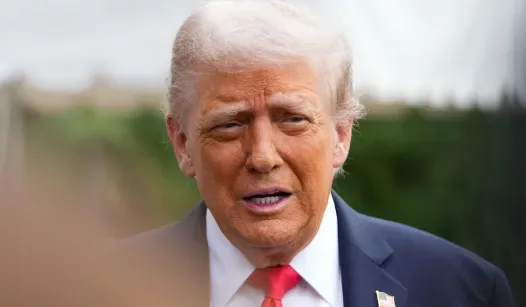In a significant legal ruling, a divided panel from the D.C. Circuit Court has determined that former President Donald Trump does not have the authority to remove a member of the Federal Reserve Board. This decision is poised to have implications for the future of the Federal Reserve and the broader political landscape as it underscores the ongoing tensions between the executive branch and independent federal agencies.
The case centers around Trump’s attempt to oust a sitting member of the Federal Reserve Board, which has historically operated with a degree of independence from presidential influence. The court’s ruling emphasizes the importance of maintaining this independence to ensure that monetary policy can be conducted without political interference.
In response to the ruling, the White House has announced plans to appeal the decision to the Supreme Court. This move reflects the administration’s commitment to challenging the court’s interpretation of presidential powers and its impact on the Federal Reserve’s operations. The outcome of this appeal could set a precedent for the extent of executive authority in matters related to independent federal agencies.
As the political landscape continues to evolve, this case highlights the ongoing debates surrounding the balance of power within the U.S. government. The implications of the D.C. Circuit’s ruling extend beyond this specific case, potentially affecting future interactions between the presidency and independent bodies like the Federal Reserve.
With the Supreme Court now poised to weigh in, the nation will be watching closely as the legal battle unfolds. The implications of this case are significant, not just for Trump and his administration, but for the future of governance and the independence of federal institutions in the United States.
